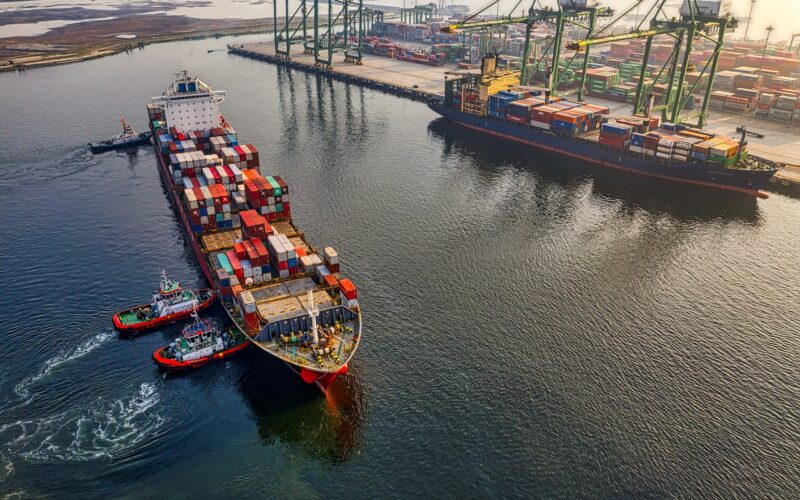In today’s fast-paced and interconnected business world, managing the supply chain has become a personal endeavour. It’s all about ensuring that products and services flow seamlessly from the hands of manufacturers to the eager customers waiting at the end of the chain. However, this crucial process comes with its fair share of challenges. Let’s dive into some of these challenges and explore practical solutions that can boost supply chain performance and ultimately drive business success.
One of the most significant hurdles in supply chain management is the unpredictable nature of customer demand. Fluctuations in demand patterns can throw the entire supply chain off balance, resulting in excess inventory or frustrating stockouts. To combat this, accurate demand forecasting is absolutely essential. By leveraging advanced analytics, artificial intelligence, and machine learning algorithms, organisations can improve their forecasting accuracy and responsiveness to demand changes, ensuring optimal inventory levels and timely product availability.
Another challenge lies in the visibility and collaboration within the supply chain network. Limited visibility into supplier capabilities, transportation status, and inventory levels can lead to inefficiencies, delays, and increased costs. It’s important to invest in robust supply chain management software and real-time tracking systems. Additionally, establishing strong collaborative relationships with suppliers and logistics partners can enhance visibility and enable proactive decision-making, ensuring a smooth flow of information and materials throughout the supply chain.
Striking the right balance between inventory levels and customer demands is an ongoing struggle in supply chain management. Organisations must carefully manage their inventory to meet customer needs while minimising carrying costs and the risk of obsolescence. Techniques such as just-in-time (JIT) and vendor-managed inventory (VMI) can help optimise inventory management and improve overall supply chain performance, ensuring that neither excess inventory nor stockouts become a hindrance.
Maintaining strong supplier relationships is crucial to building a reliable supply chain. Challenges like poor supplier performance, quality issues, and delivery delays can disrupt operations and impact customer satisfaction. To mitigate these risks, organisations can implement robust supplier evaluation processes, conduct regular performance reviews, and foster open communication channels. Collaborative supplier development programmes can also be effective in improving supplier capabilities and aligning them with organisational objectives.
As businesses expand globally, supply chains become increasingly complex due to varying regulations, customs requirements, and transportation challenges. Managing international logistics demands expertise and proactive risk mitigation strategies. Engaging with third-party logistics providers that have extensive global networks and leveraging technology solutions that automate trade compliance can simplify the complexities of international supply chain management, ensuring a smooth and efficient flow of goods across borders.
The rapid advancements in technology, such as the Internet of Things (IoT), artificial intelligence (AI), and blockchain, have revolutionised the supply chain landscape. While these innovations bring great opportunities, integrating them into existing systems can be overwhelming. Organisations can stay competitive and agile by embracing digital transformation initiatives. Implementing warehouse automation, leveraging predictive analytics for demand planning, and deploying blockchain for transparent and secure supply chain transactions are just a few examples of how technology can be harnessed to improve supply chain efficiency.
In summary, managing a supply chain requires a deep understanding of the challenges at hand and the implementation of effective solutions. By addressing issues related to demand forecasting, supply chain visibility, inventory optimisation, supplier relationship management, global expansion, and technological advancements, organisations can overcome hurdles and create a robust and efficient supply chain.
As a leading supply chain recruitment agency, we are dedicated to supporting our clients in navigating these challenges. We connect them with talented professionals who possess the expertise and skills to optimise their supply chain operations. By staying informed about the latest trends, technologies, and best practises, businesses can enhance their supply chain performance and achieve sustainable success.
For more articles on topics covering recruitment, employment and logistics, please visit Red Recruit.













